Has Active Noise Cancellation (Noise Control)
JBL Wave Buds
✓
JLab Go Air ✗
ANC utilises more advanced technology to actively cancel noise. How it works, it listens to the sound pattern outside and inside the earbud and inverts the soundwaves to cancel it out. Simply put, it's like taking +1 (noise) then adding -1 (counter sound by the device) to make 0 hence "diluting" the noise.
JBL Wave Buds have Active Noise Cancellation enabling you to listen at lower volume levels, good for your ears as you don't have to crank up the device volume to outcompete background noise.
Has Passive Noise Reduction
JBL Wave Buds
✓
JLab Go Air ✓
The JBL Wave Buds sit tightly in place, creating an acoustic seal that tones down background noise well as preventing the earbuds music from leaking out at the same.
Both of these devices have passive noise reduction this means that both tone down ambient noise instead of actively using technology to cancel it out.
Driver Unit Size
JBL Wave Buds
8mm
JLab Go Air 8mm
JBL Wave Buds have a unit size of 8mm in diameter, bigger drivers are more powerful, therefor producing better bass.
The driver unit is basically a mini speaker that produces sound in the earbuds, the unit size determines the loudness of the earbuds.
JLab Go Air driver unit is 8mm in diameter,
making both devices similar in how loud their sound gets
, as many tend to believe that driver units of a bigger size automatically produce better sound quality.
However, large drivers find it difficult to produce high frequencies so it's true that, larger drivers can generate louder sound, but this does not mean that they deliver better quality sound.
Lowest Frequency
JBL Wave Buds
20Hz
JLab Go Air 20Hz
The JBL Wave Buds's lowest frequency is at 20Hz, low-frequency response inidcates how well an audio component generates low frequencies that can be heard, and if it alters the signal while at it.
JLab Go Air's lowest frequency is at 20Hz, this implies that
both devices can produce equal bass
Highest Frequency
JBL Wave Buds
20,000Hz
JLab Go Air 20,000Hz
The JBL Wave Buds's highest frequency is at 20,000Hz, high-frequency response shows how well an audio component produces high recognizable frequencies and if it adjustments to the signal while at it.
JLab Go Air's highest frequency is at 20,000Hz, this means that
both devices can produce equal treble
Sound Pressure Level
JBL Wave Buds
100dB/mW
JLab Go Air 103dB/mW
SPL, is the pressure level of sound, in decibels, dB, JBL Wave Buds's measurement is 100dB/mW. Devices with a higher sound pressure level are generally louder when supplied with any given audio source.
JLab Go Air's sound pressure level measurement is 103dB/mW. The sound pressure level, a device is can be taken differently by different people, so we need to have the means to get an objective measurement of sound level expressed in numerical terms.
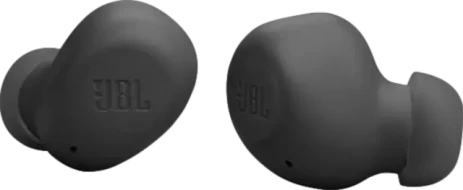
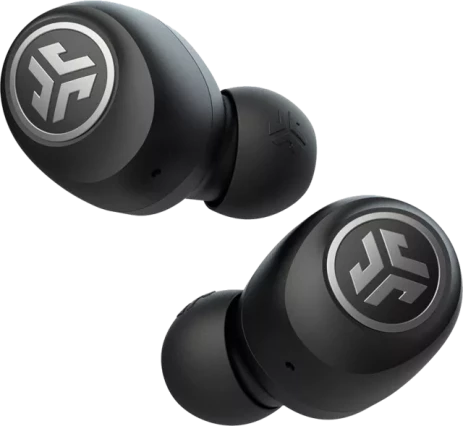
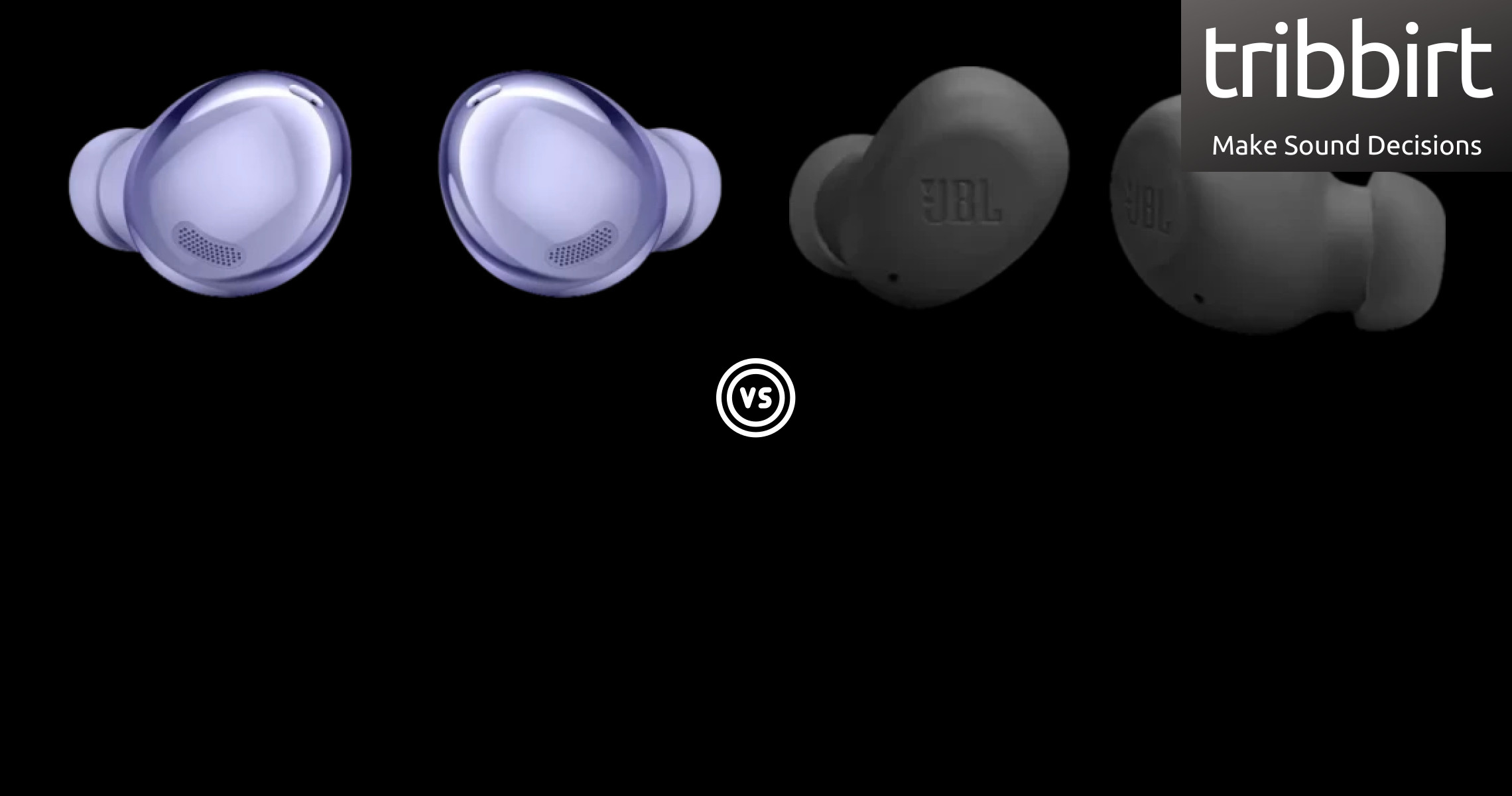
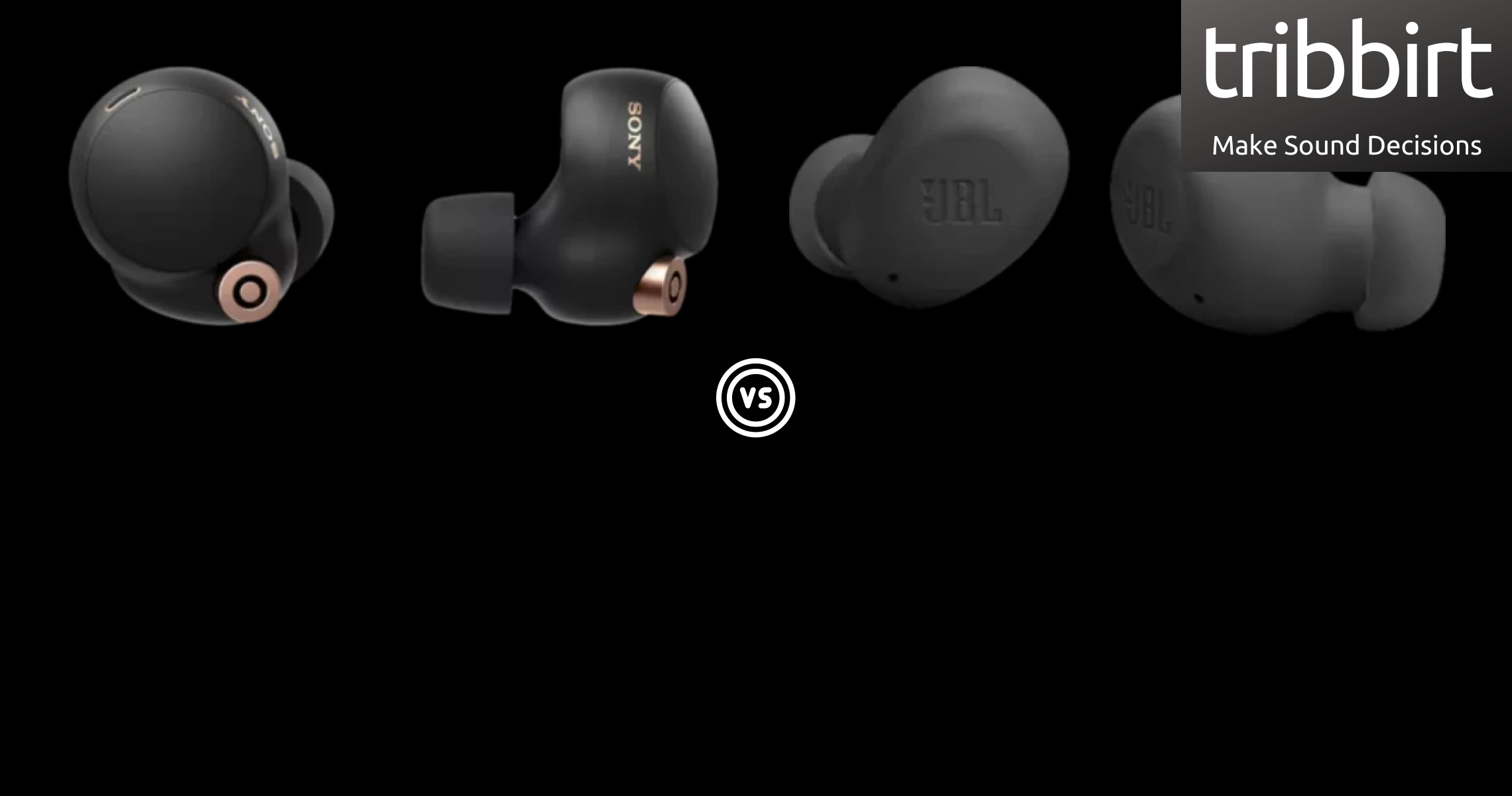
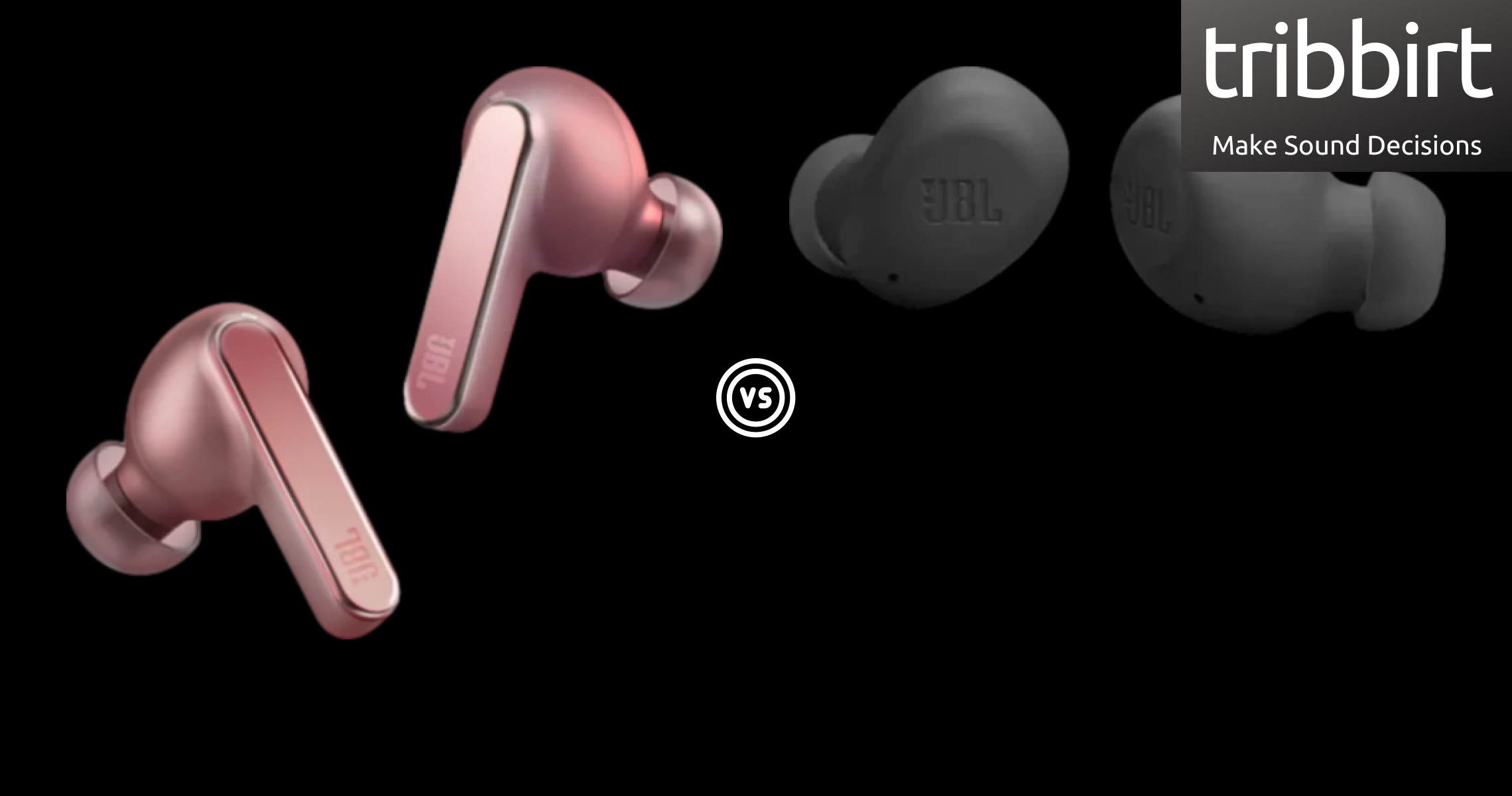
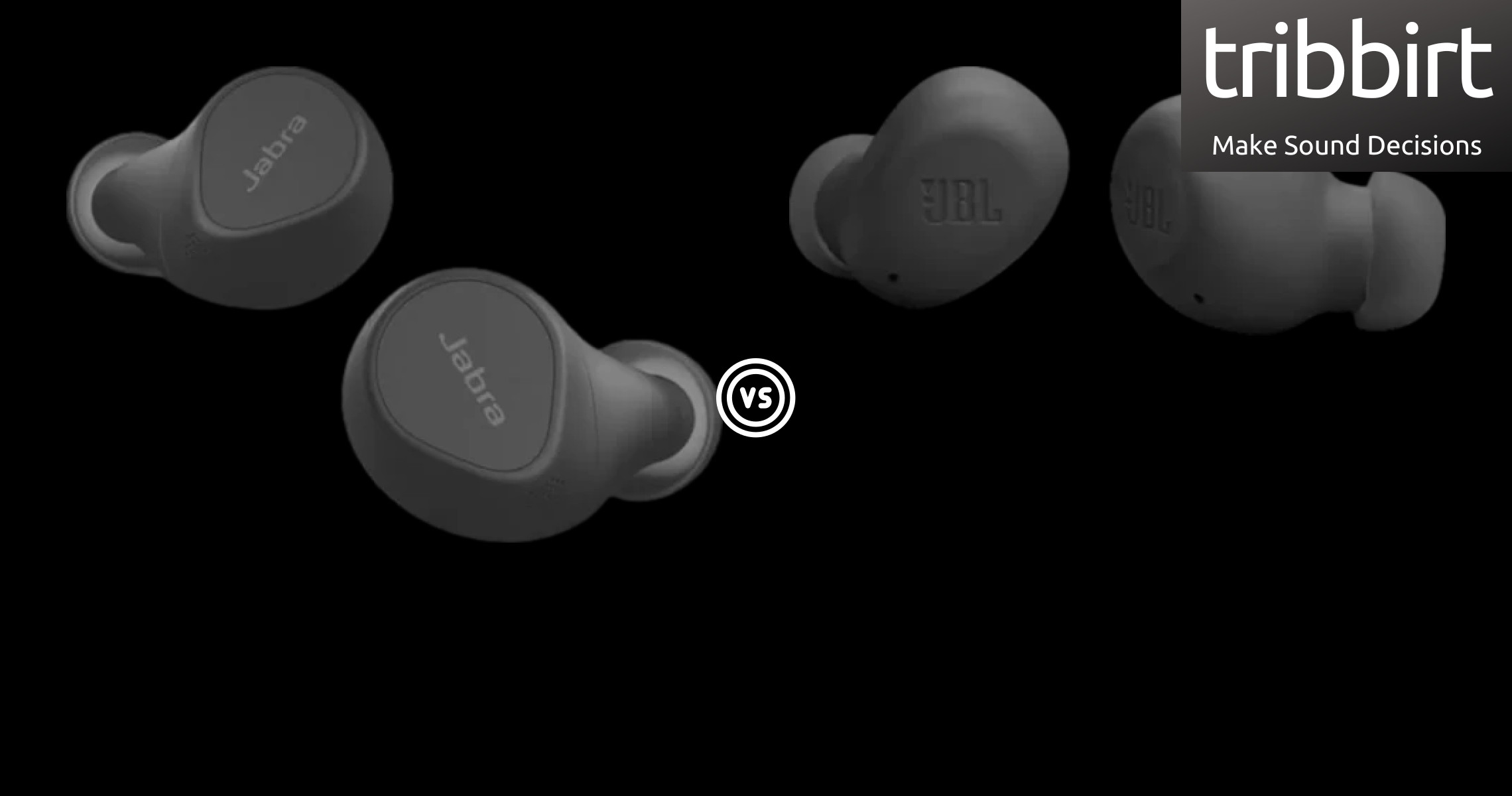
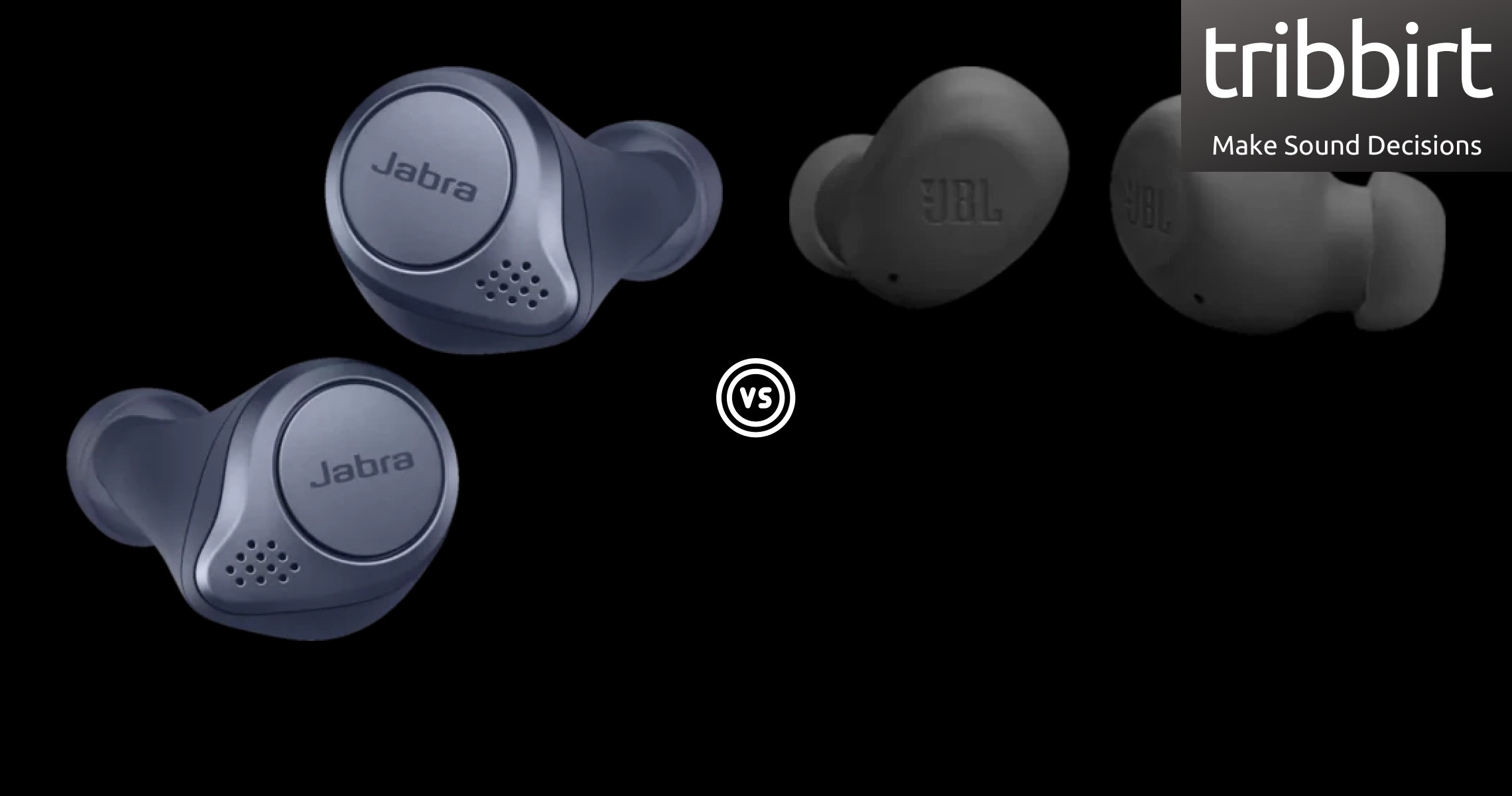
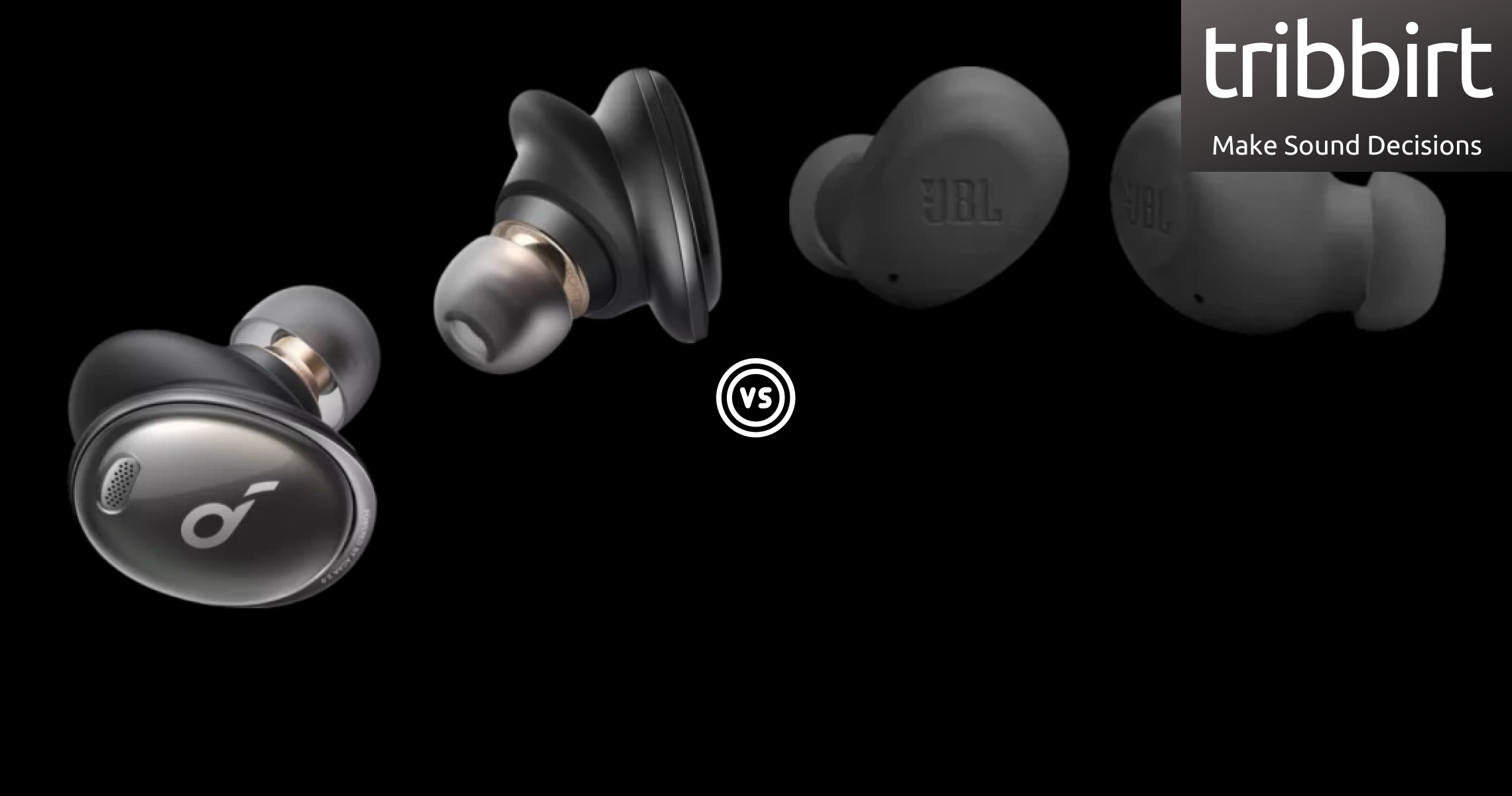
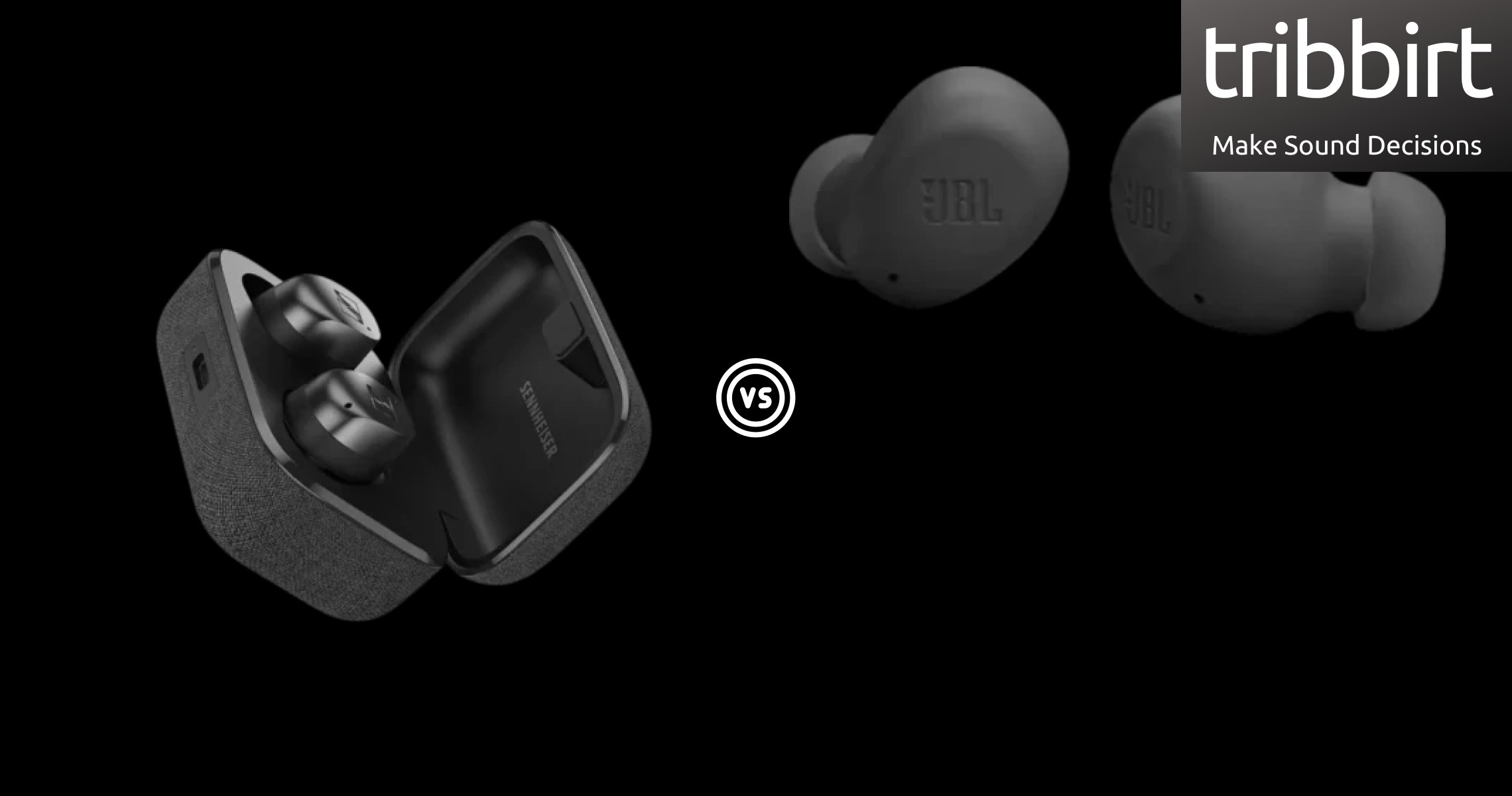
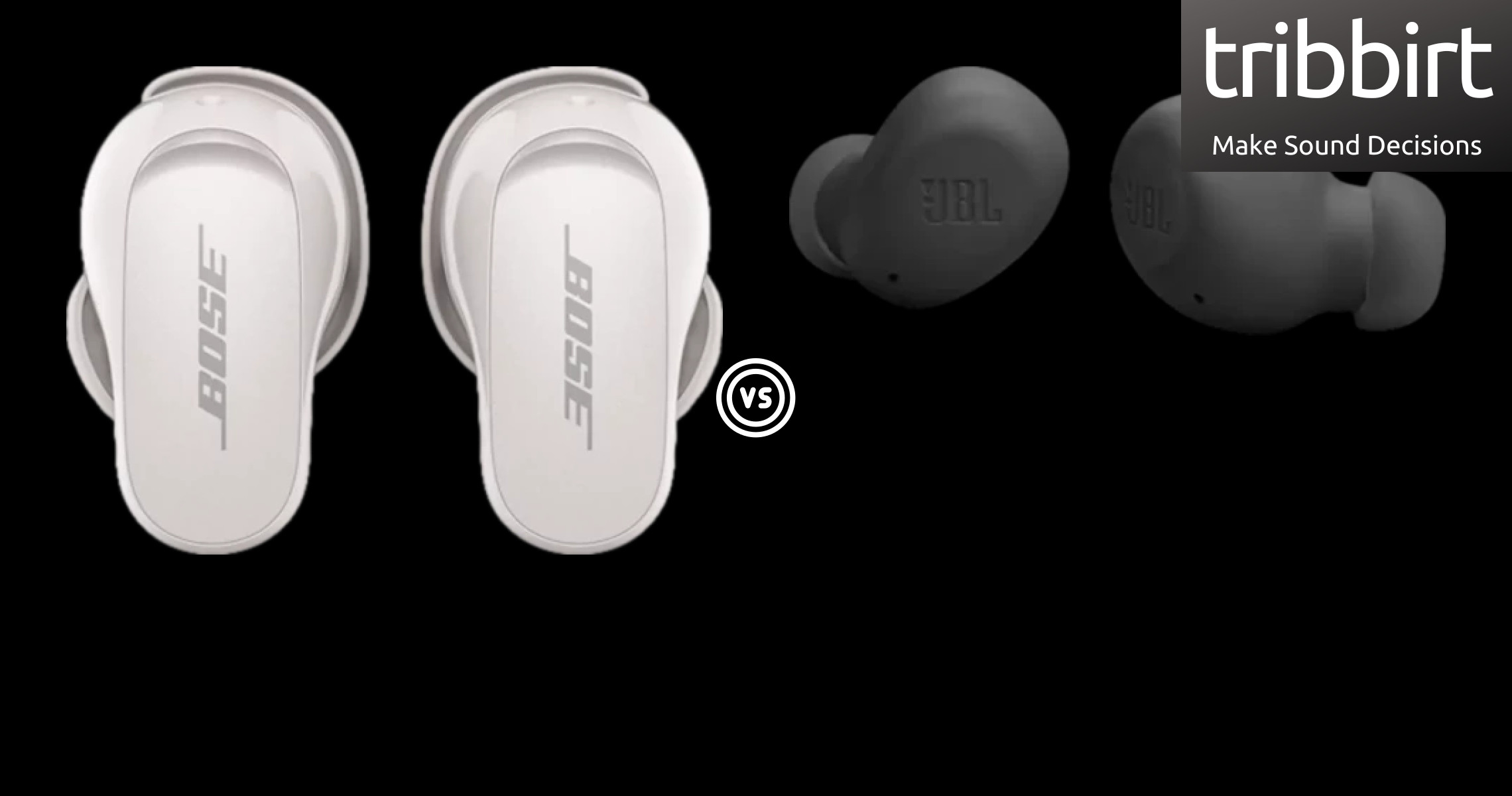
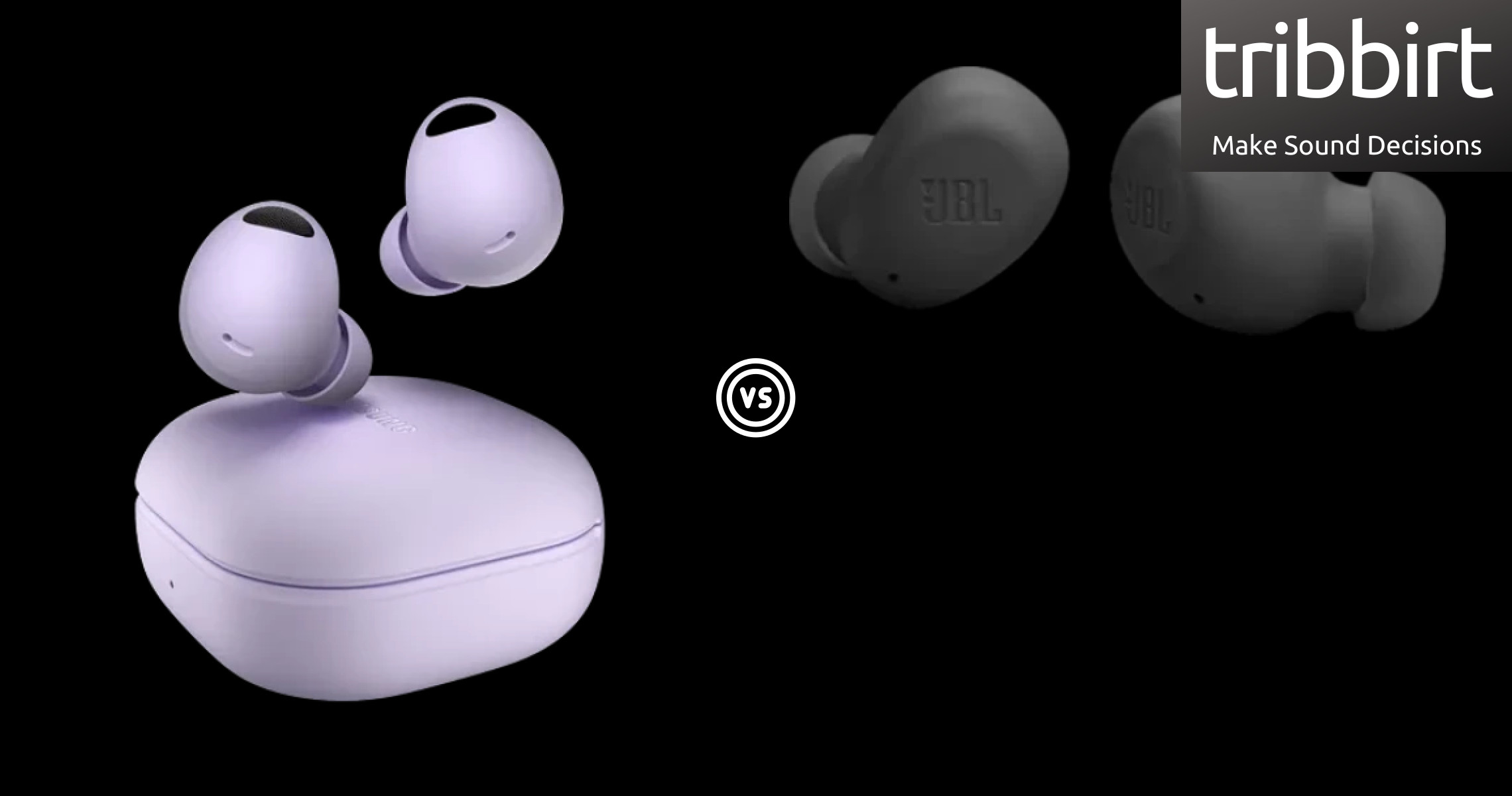


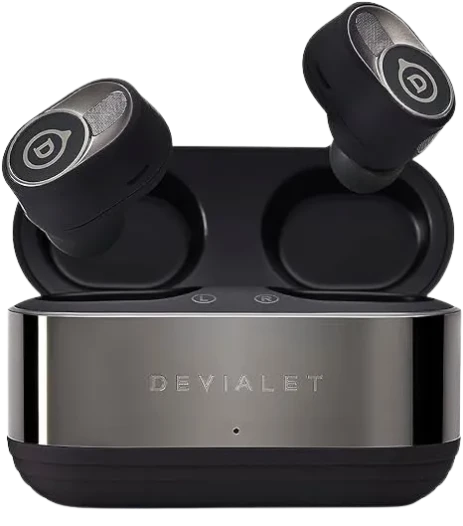 Devialet Gemini 2 Vs. Jbl Wave Buds Review
Devialet Gemini 2 Vs. Jbl Wave Buds Review
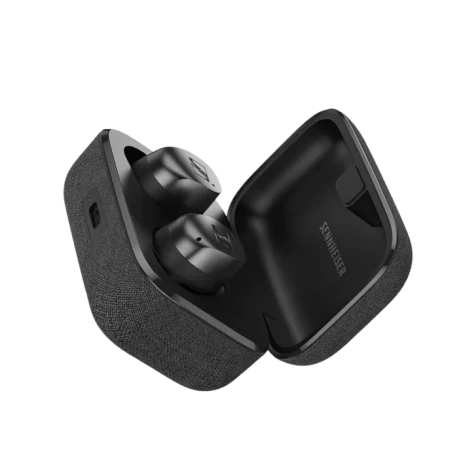 Sennheiser Momentum True Wireless 4 Vs. Jbl Wave Buds Review
Sennheiser Momentum True Wireless 4 Vs. Jbl Wave Buds Review